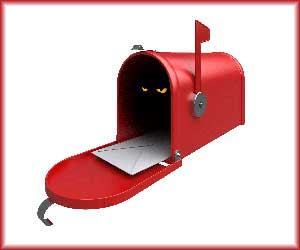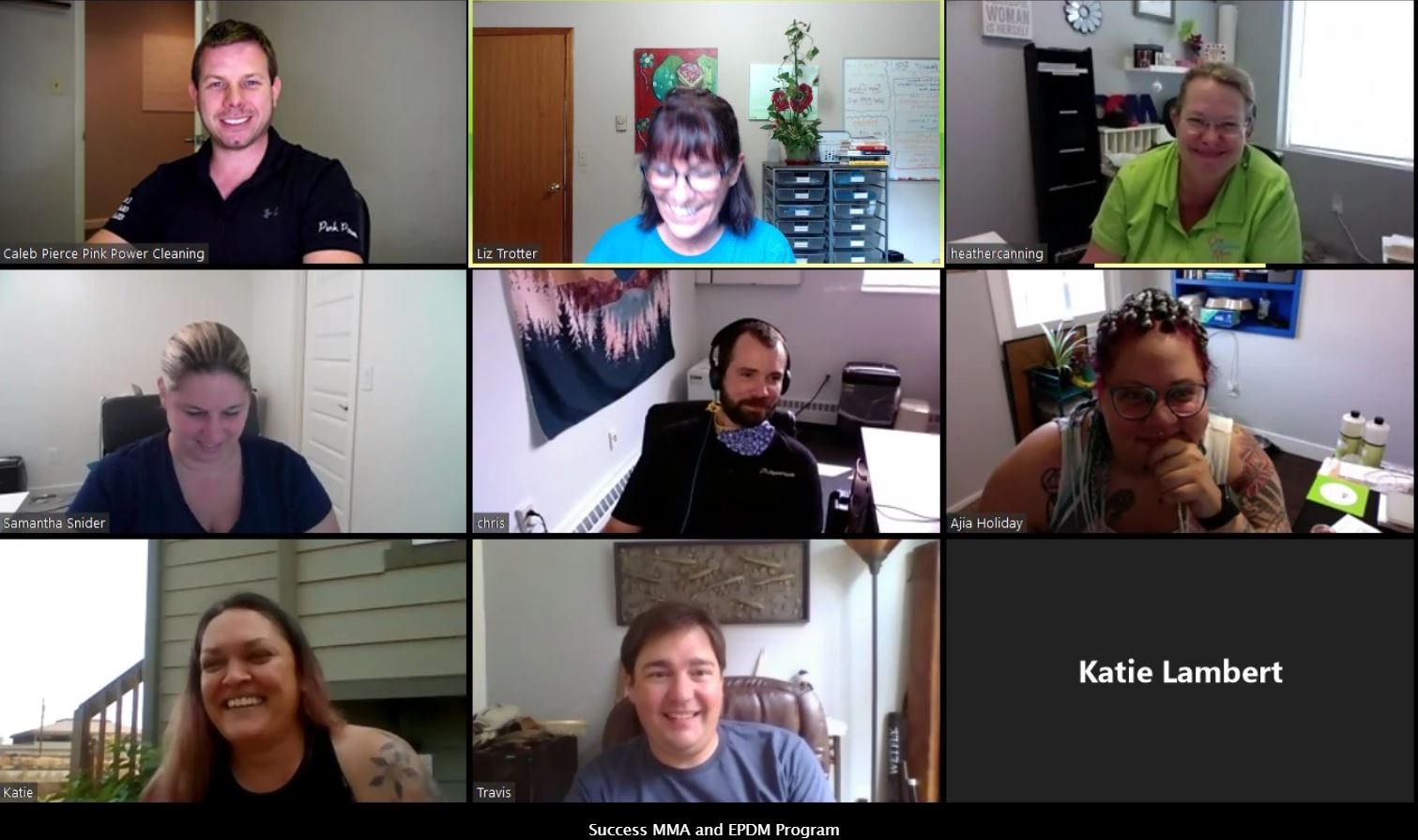From how you define independent contractors to calculating payment for travel time, there are many a cleaning business can potentially get in trouble with the U.S. Department of Labor.
When a business owner gets an official-looking letter from the US Department of Labor Wage and Hour Division (WHD), he or she doesn’t expect to open it and find a generous check or a birthday card.
The Backstory: Scarlette’s Letter
It’s a sinking feeling in your gut. At least, that’s how Scarlette Dale felt this March when she opened a letter from the DOL. Wage and Hour is the division with authority over issues such as minimum wage, overtime pay, deductions, wage garnishments and the misclassification of employees as independent contracors. The letter stated that Scarlett’s business, Bit A Bliss, was being investigated.
Initially, Scarlette was confused. Her small but growing company had only been in business for three and a half years. How did she become a target for a federal agency? “They won’t tell you why,” she says. “In the letter, the reason for the investigation is marked CONFIDENTIAL. You’re not even supposed to ask. It gives you a list of items to prepare and a date when the inspector will arrive. In my case, three weeks later.”
Although a labor investigation can be initiated out of random chance, it’s often in response to a complaint. To file such a complaint, all someone has to do is fill out an online form. The person must reveal their identity to the agency, so it isn’t as if business competitors can anonymously accuse one another for the sake of setting up roadblocks for each other. But neither is it like a criminal trial. The owner doesn’t get a chance to confront his or her accusers.
The Driving Issue
The reason for Scarlett’s investigation remains officially shrouded in mystery, but she has a hunch about its origins. One of her former employees, before leaving the company, had disputed her payment for driving time. And sure enough, three weeks after the ominous letter from Wage and Hour, when the inspector arrived at Bit A Bliss, the subject of driving time pay surfaced again.
“The most serious issue is monetary,” Scarlette explains. “Employees do have to be paid for driving. At Bit A Bliss, we pay a set amount for that.” Here’s where the situation got delicate. Scarlette’s company was paying less than minimum wage for driving time. Fortunately for her, she paid more than minimum wage for regular hourly work. When averaged together, the amount for driving and for cleaning houses was still above the minimum. She was in compliance. She dodged a bullet by virtue of the fact that she offers better pay than others. If she had been paying only minimum wage for non-driving time, she could have been fined and forced to pay back wages to her entire cleaning staff.
Defining Moments
Scarlette’s accountant has an office right across the hall from her own. That’s where she immediately sought counsel. When the inspector arrived, she was ready.
In addition to how you compensate employees for driving, the WHD takes a close look at your business relationship with independent contractors. Scarlette learned that a contractor can’t perform duties integral to the operation. Hiring a landscaper or carpet cleaner in her case would be okay. But if she had hired contractors to clean houses, she would have been in trouble.”
The inspection went as smoothly as Scarlette could have hoped. The inspector also spoke to one of her employees on site, and two more by phone that he chose randomly. All in all, it took about three hours. Scarlette was cleared of wrongdoing, and believes that she handled the situation well. “The inspector was very professional and nice,” she says, looking on the bright side. “Overall it was a good experience.”
For other business owners who may be investigated by Wage and Hour, Cleaning Business Today called on three experts to give their advice.
Greg Hare
Employment Attorney
Ogletree Deakins
If you receive notification that you are being investigated for possible labor violations, the first thing you should do is take it seriously, which Scarlette did. This is not a routine unemployment or workers’ compensation claim. One labor complaint may apply to all of your employees. If the company is wrong, their entire business model can be destroyed.
Always comply with minimum wage requirements. There are very few exceptions. Outside sales representatives do not have to receive minimum wage if their pay is commission only. The law does allow commission only jobs, but in practical terms it’s difficult to staff positions if there is not some base pay.
What’s the best way to pay for drive time? There’s not a straightforward answer. There are three approaches. The first and simplest way is to pay your employees a single, hourly rate for all of their time. The second method, called a bifurcated rate, is to pay two rates. Typically you would pay more for cleaning and less for drive time. This adds another layer of record keeping. And, as Scarlette discovered, the rate still has to meet the minimum wage requirement. The third approach is to pay per unit, with enough compensation to cover the minimum. With a “pay per unit” or “piece rate” system, the business owner is still required to track hours.
The issue categorizing workers as employees or independent contractors is also complex. It’s more than a label and method of payment. Giving them a 1099 is not enough. Among other things, a contractor must:
- Own an incorporated business
- Have the option to turn down work
- Use their own vehicle, equipment and supplies
- Be able to send any competent worker to do the job
- Pay minimum wage.
As you can see, the issues that can come up in a labor investigation are complicated. Make sure to get good legal advice from the beginning, when setting up your business model, before you ever receive such a letter.
Mel Kleiman
Founder and President
Humetrics, Inc.
Scarlett’s commitment to being in compliance served her well, though I’m sure the experience still cost her a lot of money in CPA and attorney’s fees, as well as time and aggravation. When setting up her company, Scarlette sought and gained great advice about the definitions of and distinctions between an employee and an independent agent. It’s also clear that she understood the laws concerning what she has to pay her employees for things such as drive time while ensuring that she pays at least minimum wage for all hours worked. And kudos to Scarlette for excellent documentation of all procedures, so that when she called her CPA and attorney early, she was able to provide them with the necessary support for her position as the employer.
One way to learn if a potential hire may be likely to make this kind of report is to check references and ask the question, “Is this person eligible for rehire.” And as an employee grows in your company, I recommend that you learn to fail fast: when you find you’ve made a bad hire, the quicker you cut your losses, the less likely you are to have a problem.
Steve Shwetz
Managing Broker
Mesa Property Management
 The key to success in any government audit is compliance with the law and proper documentation. In many instances, if you can’t document what you are saying with paperwork (timecards, contracts, invoices, etc.), the government will often side with the “weaker party,” which is NOT the business owner.
The key to success in any government audit is compliance with the law and proper documentation. In many instances, if you can’t document what you are saying with paperwork (timecards, contracts, invoices, etc.), the government will often side with the “weaker party,” which is NOT the business owner.
I would also suggest going out of your way to make sure when you terminate an employee you do an exit interview and get the employee to sign a statement that says they have been fully compensated for the work they performed.
This article has been supplied by the participants whose names are mentioned. The editors at Cleaning Business Today have collected and reported the statements of the participants, but have not attempted to verify the accuracy of the information supplied. Accordingly, Cleaning Business Today does not make any representation, warranty or undertaking expressed or implied with respect to the information contained in this article and no responsibility is accepted by Cleaning Business Today as to the accuracy or completeness of that information.






